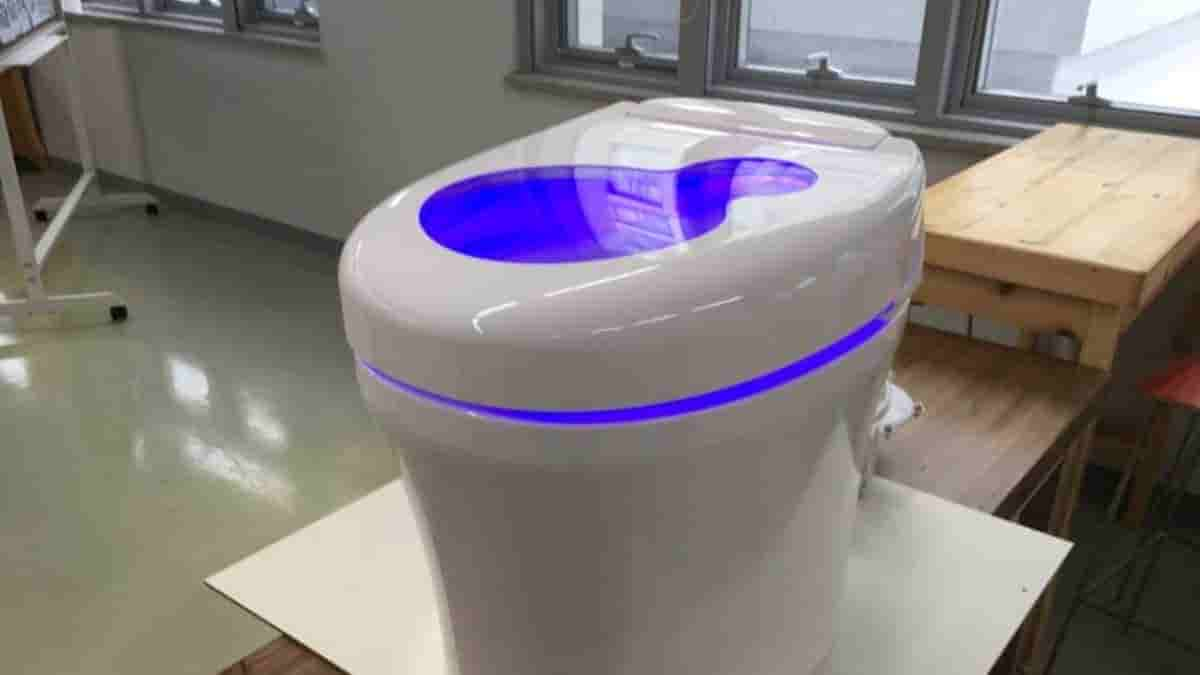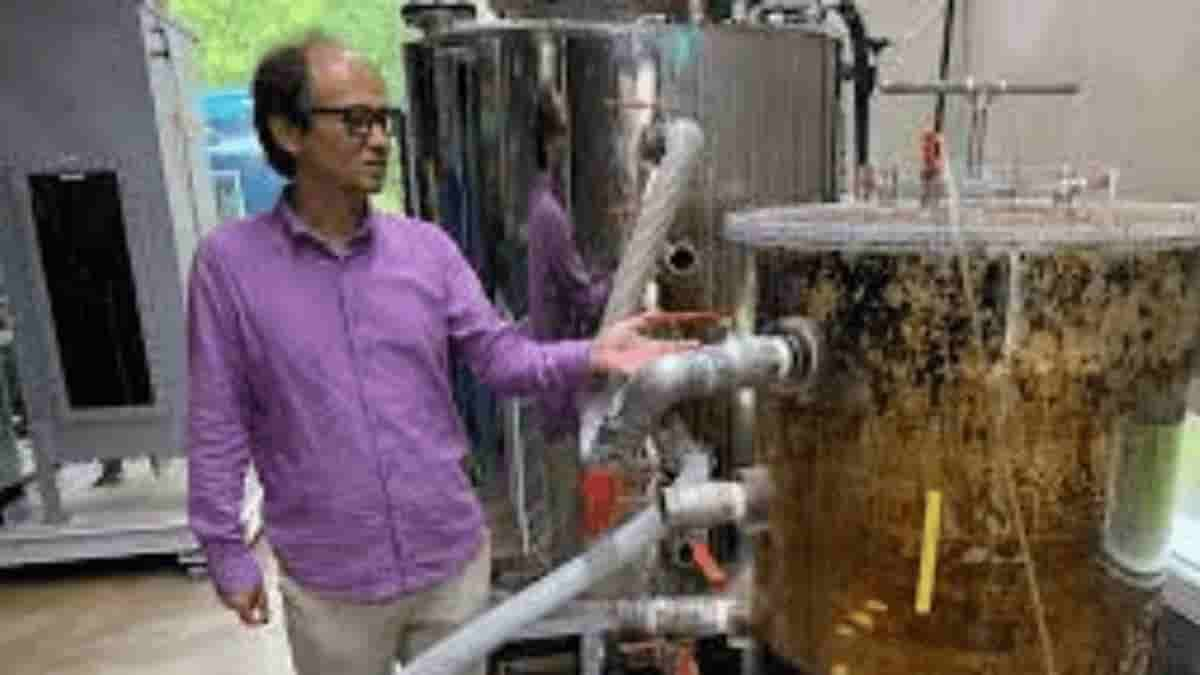Toilet that converts poop to digital currency: Check If It’s True?

Professor Cho Jae-weon of South Korea created a toilet that converts waste into electricity and pays users in digital currency.
To the amazement of the crypto community and the general public, the Science Walden project was introduced in July 2021. It featured the “BeeVi” toilet, which converted human waste into methane gas and paid “depositors” with digital currencies entitled Ggool.
The BeeVi toilet and its associated Feces Standard Money (FSM) digital money, however, have “unfortunately” stopped being developed after the program’s 5 years of funding were supposed to come to an end in February of this year, according to professor Cho Jae-weon.

There are still a couple BeeVi toilets on-campus at the Ulsan National Institute of Science and Technology campus, but they are the only ones left as of now, as per Professor Cho.
Since its creation, users of BeeVi have been happy to be able to earn tokens for supplying energy to the institution as well as the digital money known as Ggool, which is a derivation of the Korean term for honey. Although the marketplace has been dormant for almost all of 2022, the currency could be utilized to purchase items on campuses like food and beverages.
According to Professor Cho, if given the opportunity, both his creation, FSM system and toilet, could have resulted in a major transformation in the society. Ggool tokens are a “benefit to society” that exist “in contradiction to what we perceive of as a currency,” according to him.
Ggool tokens were created with a negative interest rate of 7% to prevent stockpiling, which implies earners must regularly sell their holdings to avoid losing buying power.


